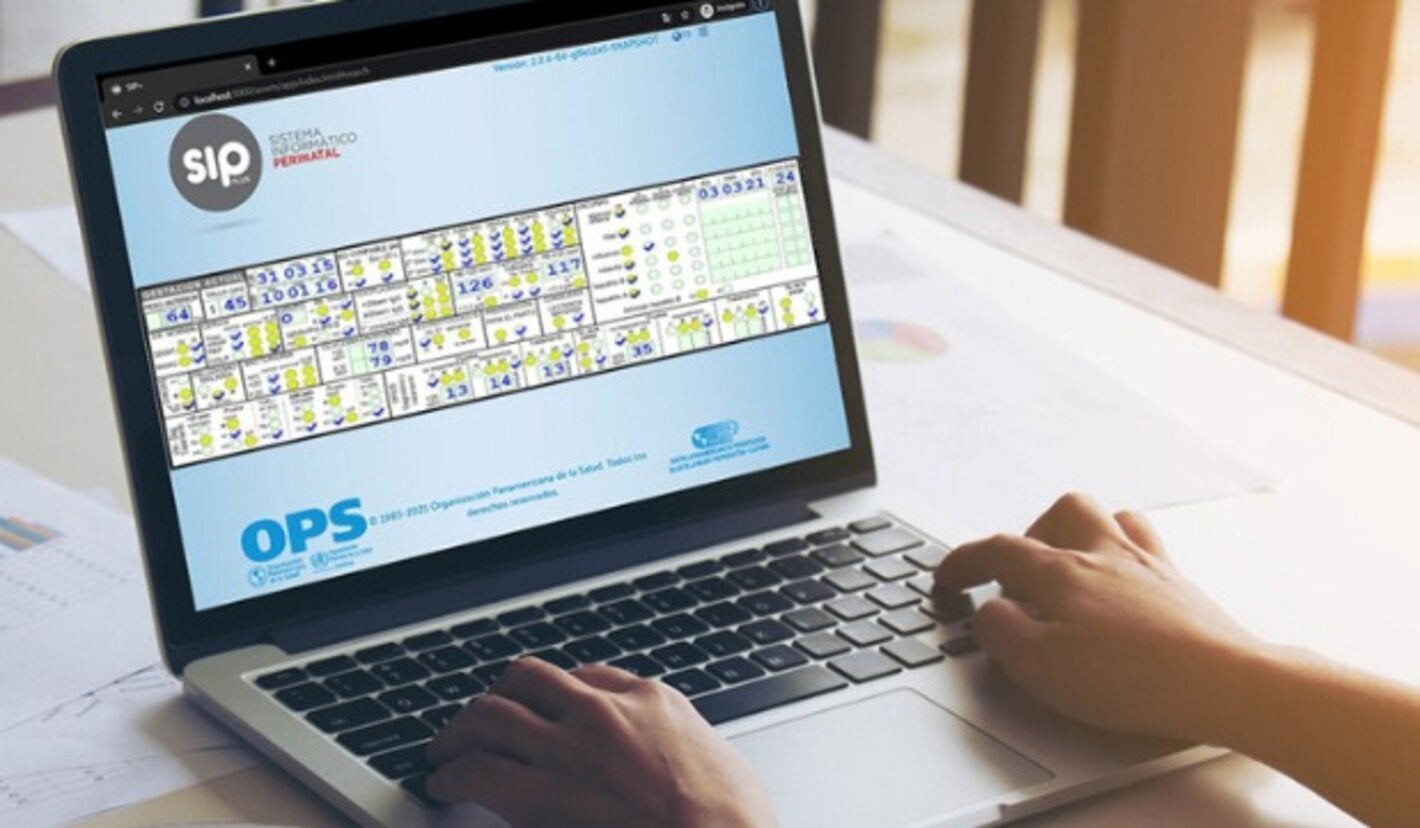
Montevideo, July 26, 2023. Students of the Medical Records Degree, from the School of Medicine of the Universidad de la República of Uruguay, analyzed the SIP Violence Against Women (or SIP VAW) that was launched this year in Trinidad and Tobago and studied the feasibility of its implementation in Uruguay.
The SIP VAW is a form based on the Perinatal Information System (SIP), which allows health teams to register situations of gender violence and sexual violence.
It is the first time that the SIP is used for situations that are not related to health in pregnancy, abortion or birth.
Andrea Vaccarezza, one of the students, commented that her interest in the subject arose from a talk with the SIP coordinator, Giselle Tomasso, and the IT of the SIP team, Luis Mainero.
For the analysis, Vaccarezza and her colleagues, Tamara López and Johana Aguilar, carried out a bibliographic search on laws and protocols of violence in Uruguay, met with leading people from a public health center and a private center to learn about the mechanisms of action, and studied the different sections of the Trinidad and Tobago form. Based on this analysis, they determined that in Uruguay, after the corresponding adaptation, the SIP VAW module could be implemented.
Tamara López pointed out that one of the most remarkable aspects of the SIP is the possibility of obtaining statistics in a simple and easy to interpret way. "We think that to address the issue of violence, which is a very big problem, it would be very useful to have such a statistical tool."
In addition, they highlighted the possibility of interoperating with other systems in other institutions. "We can think of health centers, but eventually we could think of interoperating with other institutions, such as the Ministry in charge of security or the Ministry of Social Development," said López.
In turn, Johana Aguilar stressed the importance of having all the information unified. “The idea is not to revictimize. We know how complicated it is to relate this type of situation, and if people have to tell what happened to them over and over again, it is not good or easy. If the SIP could centralize that story, we think it would be a great advantage.”
Regarding what motivated them to carry out this study, they indicated that the three of them consider that gender violence is a serious problem in Uruguay. “The figures are alarming. Having good and quality statistics makes it possible to generate more focused policies,” said Vaccarezza.
Finally, López pointed out that it seems very good that the SIP opens up to new registration possibilities. "We think it would be good if it were universalized and reached more and more people."
The SIP was created by the Latin American Center for Perinatology – Women's and Reproductive Health (CLP/WR) in 1983. Over the years it has evolved and adapted to the requirements and needs of the countries in the region. Its most recent version is SIP Plus or SIP web.
More information about SIP Plus at www.sipplus.org



